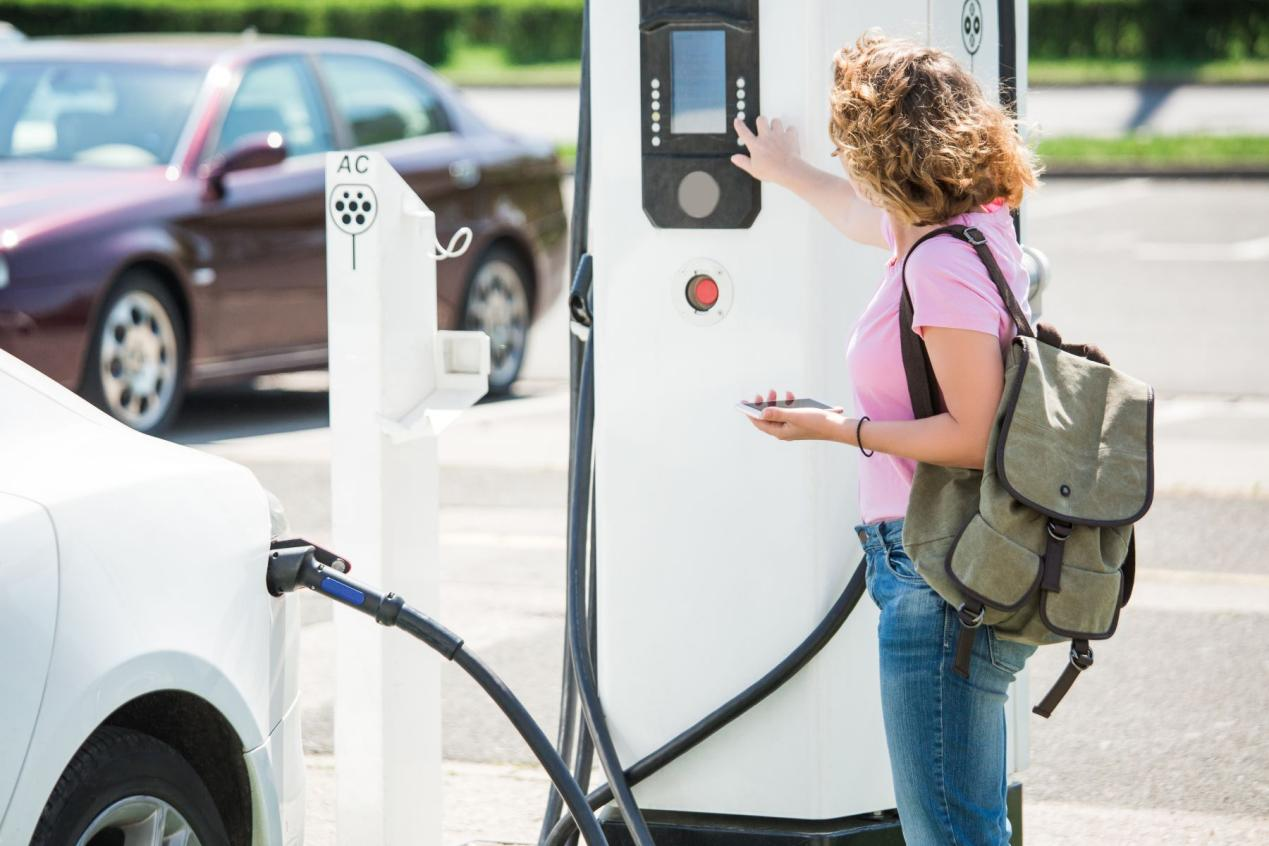EU Parliament backs 2035 end date for combustion engine cars
Environment Ministers should support phase-out deadline for polluting cars and vans – with no exceptions.
欧盟议会将2035年定为内燃机车的最后使用期限
环境部长也应一律支持这一决议

The European Parliament has voted to set a 2035 deadline for zero-emissions cars and vans – a significant step forward for climate action, air quality and the affordability of electric vehicles. Green group Transport & Environment called on EU environment ministers to confirm the effective end date for sales of new combustion engines when they meet on June 28.
欧洲议会投票决定将2035年定为内燃机车的最后使用期限,为零排放汽车和货车的发展让路——这是在气候行动、空气质量和电动汽车可负担性方面迈出的重要一步。交通与环境绿色组织呼吁欧盟环境部长在6月28日的会议上确定新内燃机销售的有效截止日期。
Alex Keynes, clean vehicles manager at T&E, said: “The deadline means the last fossil fuel cars will be sold by 2035, giving us a fighting chance of averting runaway climate change. Phasing out combustion engines is also a historic opportunity to help end our oil dependence and make us safer from despots. And it gives the certainty the car industry needs to ramp up production of electric vehicles, which will drive down prices for drivers.”
交通环境组织的清洁汽车经理亚历克斯·凯因斯表示:“这个最后期限意味着最后一批使用化石燃料的汽车将在2035年前售出,为我们免受气候变化的影响提供便利。逐步淘汰内燃机的做法也为我们创造了摆脱石油依赖与专制统治的历史性机会。这让汽车行业更加坚定了增加电动汽车产量的做法,司机运价也会相应降低。”
MEPs voted to require carmakers to cut their average fleet emissions by 15% in 2025, compared to 2021, by 55% in 2030, and by 100% in 2035. Conservatives, the far right and even some progressive MEPs rejected a higher 2030 goal or higher targets in the 2020s which would require manufacturers to ramp up sales of electric cars sooner. T&E said the weak benchmarks will not spur enough action by carmakers this decade to help member states hit their climate goals.
欧洲议会通过决议,要求汽车制造商在2025年比2021年减少15%的平均排放量,2030年减少55%,2035年减少100%。保守派、极右翼甚至一些进步的欧洲议会议员拒绝了2030年的高目标或是2020年代的更高目标,这些目标要求汽车制造商加快电动汽车的销量。但交通环境组织表示,目标设低将难以刺激汽车制造商在十年内采取积极行动帮助成员国们实现气候目标。
The parliament rejected a loophole for synthetic fuels in cars, the latest fake ‘green’ solution of the fossil fuel industry which wants to prolong sales of new combustion engines beyond decarbonisation deadlines. E-fuels would reduce the CO2 emissions of a car bought in 2030 by just 5%, on average, over its lifetime compared to petrol, a new lifecycle analysis confirms. Burning synthetic fuels would also pump toxic NOx emissions into the air, tests have shown, while running a car on e-fuel is far more expensive compared to an electric vehicle. Producing e-fuels is also much less efficient than powering a battery electric car.
化石燃料行业最新推出的虚假“绿色”方案——汽车合成燃料,因存在漏洞而被议会否决,化石燃料行业希望将新型内燃机的销售延长到脱碳截止日期之后。一项新的生命周期分析证实,与汽油相比,合成燃料将在2030年购买的汽车的使用寿命期间平均只能减少5%的二氧化碳排放量。测试显示,燃烧合成燃料还会向空气中排放有毒的氮氧化物,而且使用该燃料的汽车售价比电动汽车要昂贵得多,其生产效率也远低于为电动汽车充能的效率。
Alex Keynes said: “Environment ministers should double down on 2035 and leave no room for diversions into fake green solutions like e-fuels. Allowing synthetic fuels in cars would be an expensive and wasteful diversion from the mammoth task of cleaning up transport. Battery electric vehicles are ready today and are a cleaner, cheaper, more efficient way to decarbonise.”
亚历克斯·凯恩斯说:“环境部长们应该在2035年之前加倍努力,不要给像电子燃料这样的虚假绿色方案留有发展空间。生产合成燃料不仅成本昂贵而且浪费资源,允许汽车使用该能源无疑会转移社会视线,妨碍实现绿色交通这项艰巨任务的完成。如今,电池型电动汽车的推广是一种更清洁、更廉价、更高效的脱碳方式。”
Environment Ministers will decide their position on vehicle emissions targets later this month before entering into negotiations with the parliament. The final law is expected to be agreed in autumn.
本月末环境部长们将表明他们对汽车排放目标的立场,然后与议会就此问题进行谈判。最终法案有望在秋季通过。
Transport is the biggest source emissions in Europe, with cars responsible for 12% alone. The transport sector also consumes 65% of oil in Europe, almost all of which is imported.
交通运输业是欧洲最大的碳排放源,仅汽车排放量就达到12%。交通部门也几乎消耗了欧洲65%的进口石油。
来源:Transport&Environment
https://www.transportenvironment.org/discover/te-reaction-to-meps-vote-on-eu-clean-car-rules/
检索:蔡钰玲
翻译:邓嘉怡
一审:敖雄薇
二审:彭莉
三审:陆秀英
上传发布:姜浩